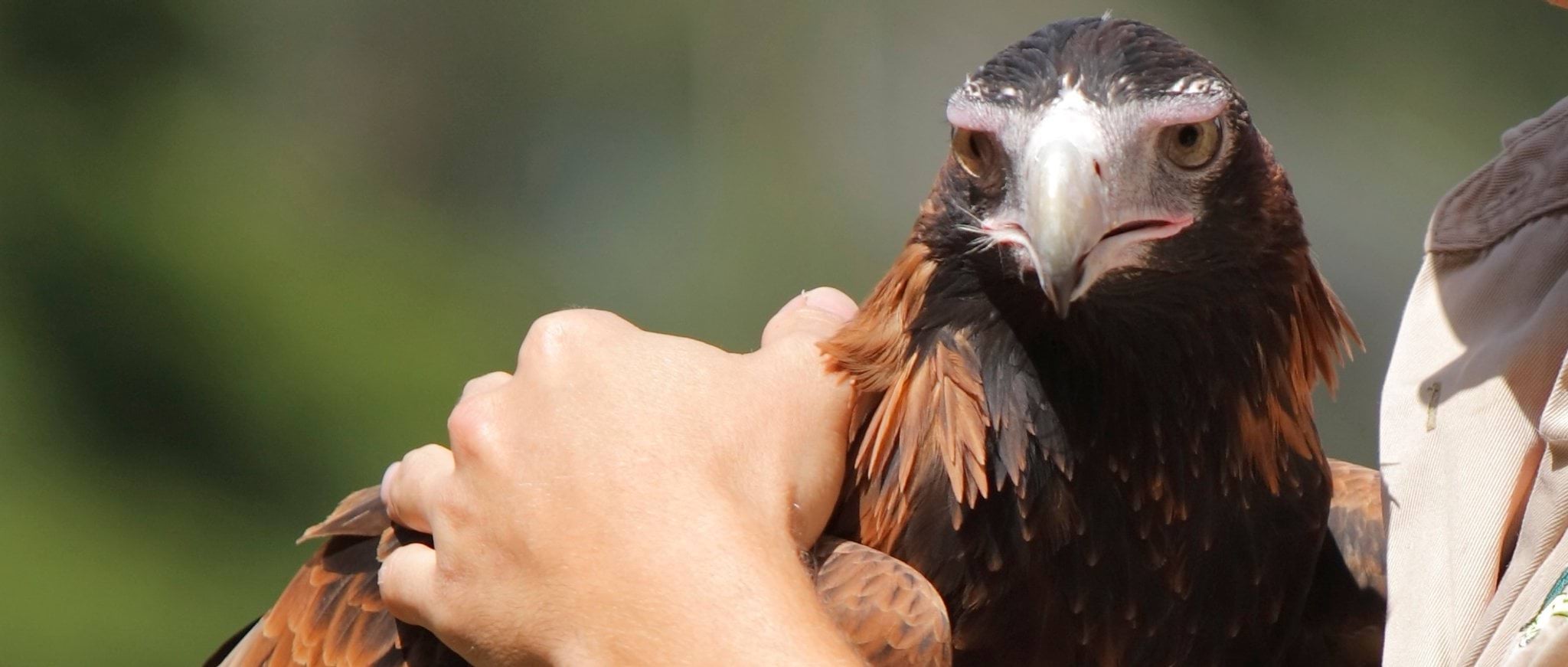A wildlife rehabilitator is a wildlife foster carer (person) or wildlife shelter authorised under the Wildlife Act 1975 to rehabilitate sick, injured or orphaned wildlife. They are sometimes referred to as wildlife carers or foster carers.
The authorisations are issued by the Conservation Regulator to ensure sick, injured or orphaned wildlife receive appropriate before being released back to their home range in the wild.
Animals received by wildlife rehabilitators must be assessed within 48 hours by a registered veterinary practitioner. Phone consultations are appropriate in some cases, such as in remote areas where in-person consultations are not practical.
Wildlife cannot be kept long-term and is not the property of the wildlife rehabilitator.
If a veterinarian is concerned about the level of care being provided, the likelihood of release, or capacity to provide appropriate care, they may refuse to release wildlife to the wildlife rehabilitator and contact the Conservation Regulator.
If this occurs, the veterinarian may:
- Allocate the wildlife to a known, appropriate carer if rehabilitation is achievable
- Transfer the wildlife to a wildlife veterinarian for further assessment
- Humanely euthanise the animal.
Wildlife rehabilitators are subject to conditions attached to their authorisation. Further information on these conditions is available in our Wildlife Rehabilitator Authorisation Guide(opens in a new window).
The Victorian Wildlife Rehabilitation Guidelines(opens in a new window) have also been developed to support wildlife rehabilitators adhere to these conditions.
We encourage wildlife rehabilitators and veterinarians to develop partnerships and work together to deliver the most appropriate outcomes for sick, injured, orphaned or abandoned wildlife.
If you’re still unsure about veterinary care for wildlife, please reach out to us for a discussion of your individual circumstances by calling 136 186 or emailing us.
Updated
